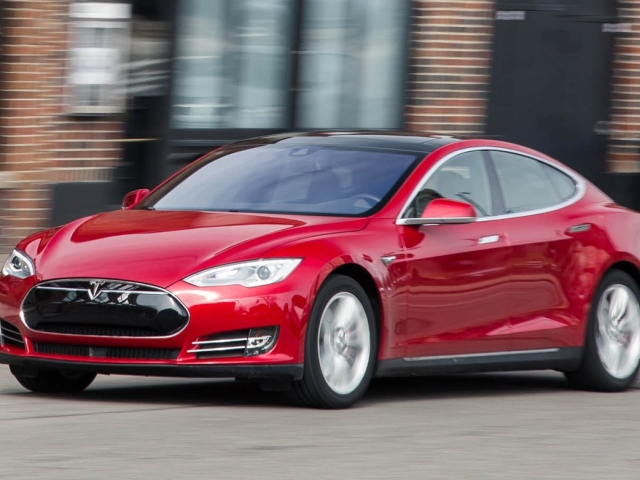
In 2014, A Tesla Model P85 was sold out at Benz and Beamer auto dealership which was bought completely in litecoins. A customer used 5,447 litecoins to complete the transaction for the luxury car, worth around $90,000 during the time of the purchase. The purchase is by far the largest amount of litecoins used in a single purchase ever. New York-based eGifter accepts litecoin payments, allowing users to buy and send gift cards of third-party companies to each other.
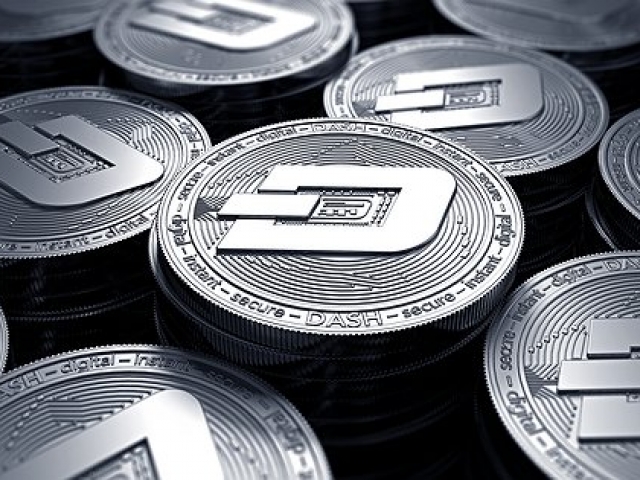
Such stores as Brave New Books (books), Nelipott (children's clothing) and ParisaJeoul (jewelry) are among the merchants supporting Dash digital currency.
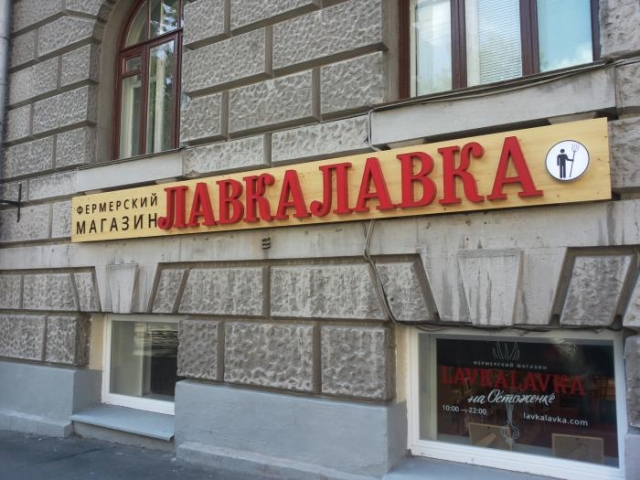
SibCoin, also known as Siberian Chervonets, which is a fork of Dash cryptocurrency platform, can be paid to buy products of the farming business in Russian village Kolionovo. You can also fill your car at one of the Krasnodar gas stations, Russia. In addition, SibCoins can be paid in shops of popular Russian farm produce chain LavkaLavka.
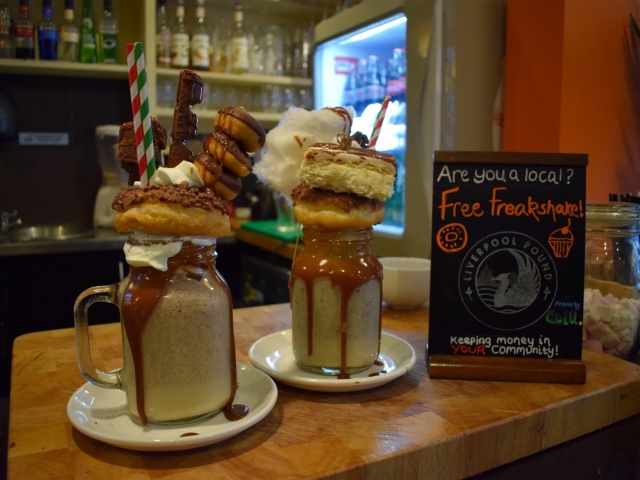
Israeli-based blockchain startup Colu developed the Liverpool Local Pound (LLP) for Liverpool Football Club, with one LLP equalling £1. Launched at the beginning of this year, LLP already has more than 3,000 users. According to Colu, the basic idea is to encourage users to spend money with local suppliers. In June this year, Colu will launch another digital currency in East London.
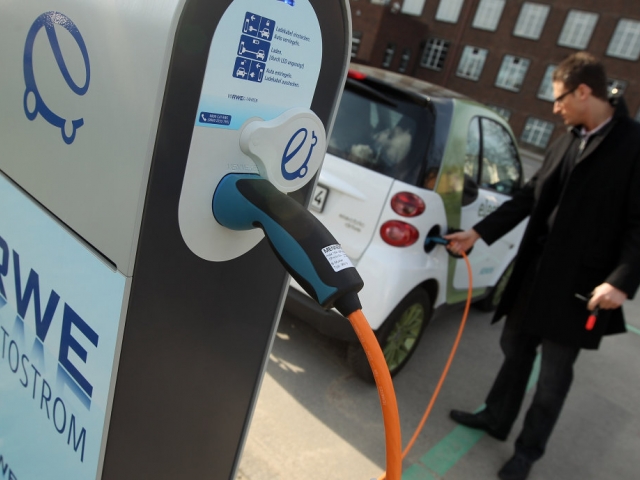
Innogy SE, a subsidiary of German energy conglomerate RWE, launched blockchain-powered charging stations for electric cars across Germany in April this year. Innogy Innovation Hub picked the Ethereum blockchain over building up its own proprietary blockchain for the project. Customers firstly need to register their car and then transfer fiat to the wallet. Afterwards, they find and choose a charging station with the costs transferred from their wallet to the owner of the charging station.
 Deutsch
Deutsch 
 Русский
Русский English
English Bahasa Indonesia
Bahasa Indonesia Bahasa Malay
Bahasa Malay ไทย
ไทย Español
Español Български
Български Français
Français Tiếng Việt
Tiếng Việt 中文
中文 বাংলা
বাংলা हिन्दी
हिन्दी Čeština
Čeština Українська
Українська Română
Română
